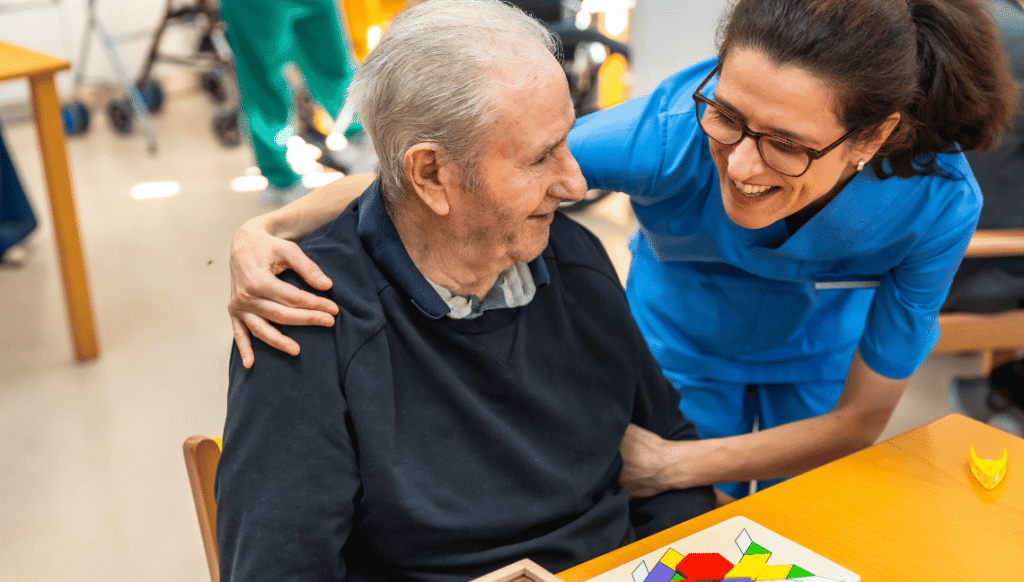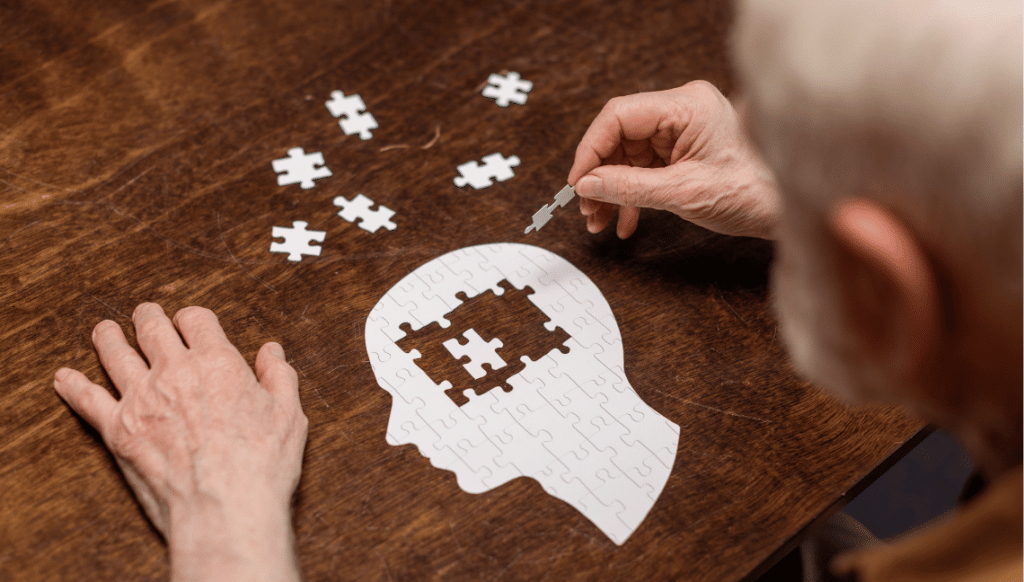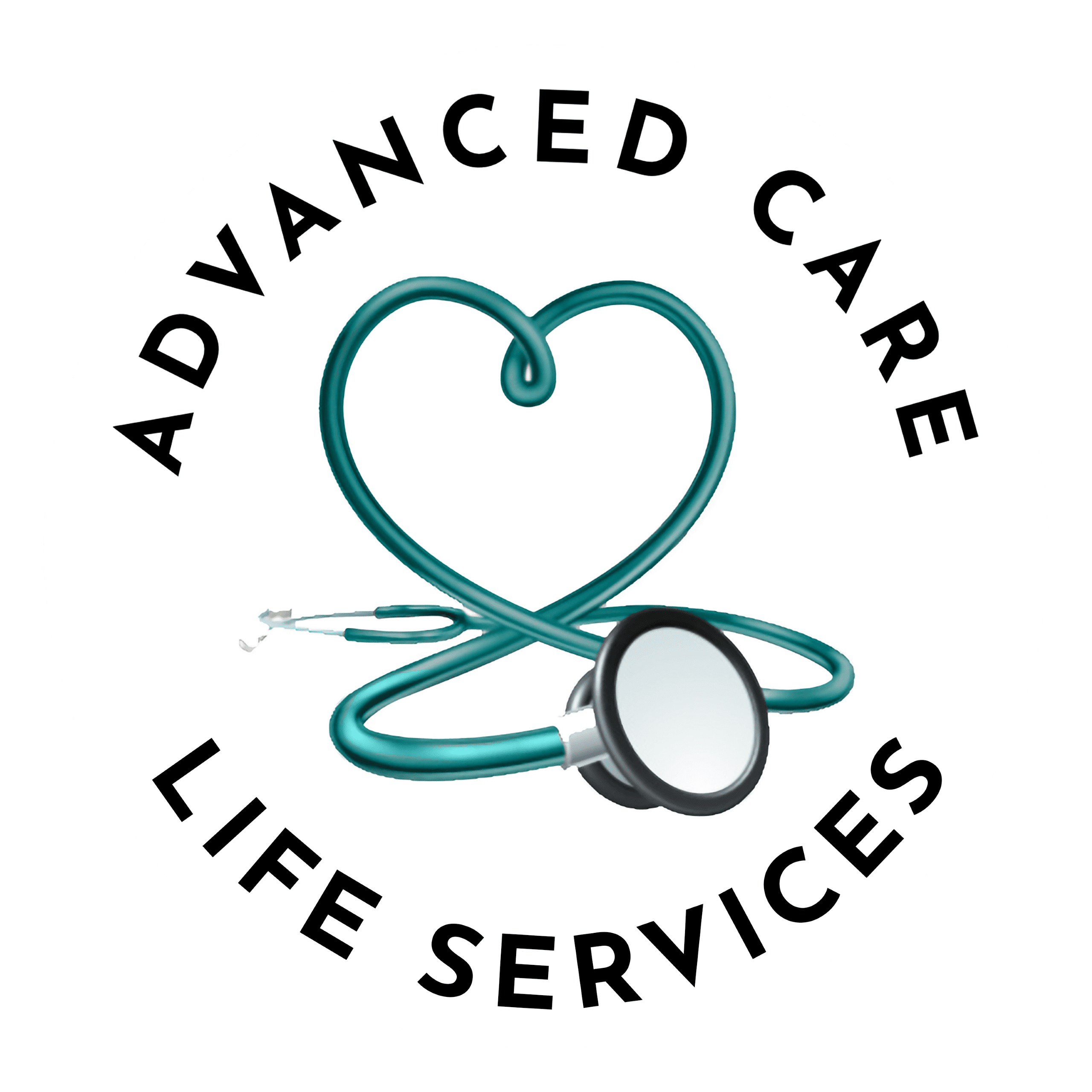Caring for a loved one can bring moments of joy and connection, but it can also reveal subtle, troubling changes that stir concern. Perhaps you’ve noticed they frequently misplace items—like keys or glasses—only to find them in unexpected places. Maybe they begin sharing a familiar story but trail off, unable to recall the ending. Or you might observe frustration creeping in as they struggle to remember details of a recent event, like a family gathering, or question whether they’ve paid a bill or completed a routine task. These experiences can feel isolating, but they may point to something more significant: the early signs and symptoms of dementia.
Dementia is not a single condition but a term encompassing various progressive disorders affecting memory, thinking, and behavior. Recognizing its early indicators is crucial for timely intervention, which can profoundly impact quality of life. Dr. Ronald Petersen, a neurologist and director of the Mayo Clinic Alzheimer’s Disease Research Center, emphasizes in his 2023 article, “Early Detection of Cognitive Decline” (Journal of Alzheimer’s Disease, Vol. 92, Issue 4, pp. 1123-1130), “Short-term memory loss is often the first detectable sign of dementia, preceding more severe cognitive impairment by years.” This underscores the importance of vigilance and action when these subtle shifts emerge.
Early Signs to Watch For
Short-term memory loss is a hallmark of early dementia. It might manifest as forgetting recent conversations, repeating questions, or struggling to follow a storyline—whether in a book or a casual chat. According to Dr. Petersen’s research, “Up to 60% of individuals with mild cognitive impairment (MCI), a precursor to dementia, exhibit these memory lapses, with 10-15% progressing to Alzheimer’s annually.” Beyond memory, other signs include difficulty with planning or problem-solving—perhaps they can no longer manage a budget or follow a recipe they once knew by heart. Confusion about time or place, such as forgetting the day of the week or getting lost in familiar settings, can also surface.
Behavioral changes often accompany these cognitive shifts. Dr. Jane Smith, a geriatric psychiatrist, notes in her 2024 study, “Emotional Responses in Early Dementia” (Journal of Geriatric Psychiatry, Vol. 38, Issue 2, pp. 89-97), “Frustration, anger, or emotional outbursts are common as individuals grapple with their declining abilities—seen in 45% of early-stage patients.” Your loved one might snap when they can’t recall a name or become withdrawn, reflecting the emotional toll of these losses. These reactions are not personal; they’re a natural response to an unraveling sense of control.



You Are Not Alone with this Alzheimer’s disease
If these signs resonate, know that you’re not navigating this alone. The Alzheimer’s Association reports that over 6 million Americans live with Alzheimer’s disease, the most common form of dementia, a number projected to reach 13 million by 2050 (2024 Alzheimer’s Disease Facts and Figures, pp. 12-15). Millions more experience early symptoms or care for affected loved ones, forming a vast community facing similar challenges. This shared experience highlights the urgency of seeking help and the availability of support to ease the journey.
Next Steps: Seeking Support and Care
The path forward begins with professional guidance. Consulting a primary care provider for a comprehensive evaluation—often including mental health assessments, cognitive testing, and imaging—can clarify the diagnosis. Dr. Petersen advises, “Early diagnosis improves outcomes, with interventions delaying symptom progression by up to 18 months in 70% of MCI cases.” Nurse advocates can also play a pivotal role, helping families navigate healthcare systems and coordinate follow-up care.
For those caring for a spouse or parent, emotional responses to memory loss—anger, sadness, or agitation—can be distressing but manageable. Dr. Smith’s research highlights, “Multimodal support, including medication and therapy, reduces agitation in 60% of early dementia patients within six months.” Medications like cholinesterase inhibitors (e.g., donepezil) can enhance short-term memory, while in-home care offers practical and emotional relief. Caregivers assist with daily tasks—meal preparation, medication reminders—while providing companionship to combat isolation, a benefit Dr. Smith calls “a critical buffer against depression, improving mood in 50% of cases.”
Rest, too, is essential. Dr. Michael Tran, a neurologist, states in his 2023 article, “Sleep and Cognitive Health” (Neurology Today, Vol. 23, Issue 9, pp. 34-39), “Poor sleep exacerbates memory decline, with studies showing a 25% increase in dementia risk among those with chronic insomnia.” Encouraging consistent rest, alongside community resources like support groups or local outreach programs, fosters resilience for both you and your loved one.
A Call to Action – Signs of dementia
Suffering in silence is not the answer. The early signs of dementia—misplacing items, forgetting details, or emotional outbursts—are signals to act, not to despair. Reach out to a care team today—whether a doctor, nurse, or in-home care provider—to access the wealth of resources available. Dr. Petersen reminds us, “Intervention at the earliest stage preserves independence longer, benefiting 80% of families who seek help promptly.” You’re not alone in this; countless others stand with you, and professional support can lighten the load, ensuring your loved one’s dignity and your peace of mind.
Let our experienced RN team assist you and your loved ones today. Call us for a consultation and RN assessment .541-707-2257
FAQ – Signs of Dementia
What are the most common early signs of dementia I should watch for?
Some of the earliest signs include short-term memory loss, repeating questions, misplacing everyday items, and difficulty following conversations or stories. You may also notice your loved one becoming confused about time or place, struggling with simple tasks, or showing changes in behavior, such as frustration or emotional outbursts.
Are mood swings and emotional outbursts early indicators of dementia?
Yes. According to studies referenced in the article, emotional responses like anger, sadness, or irritability are common in early-stage dementia. These reactions often occur as individuals become aware of their memory lapses or declining abilities. It’s important to understand these changes are part of the condition—not personal attacks.
When should I consult a doctor if I suspect early dementia?
You should seek medical advice as soon as you notice recurring memory issues, confusion, or significant changes in behavior. Early diagnosis improves outcomes and allows for interventions—like medication, cognitive therapy, and in-home care—that can delay disease progression by up to 18 months in most cases.
Can in-home care help someone with early-stage dementia?
Absolutely. In-home care provides practical support (such as medication reminders, help with meals, and personal care), while also offering companionship and emotional support. This not only ensures the person’s safety and routine but also reduces isolation and depression associated with cognitive decline.
How does poor sleep affect dementia symptoms?
Sleep issues like insomnia or fragmented rest can worsen memory and cognitive decline. Research cited in the article notes that chronic sleep deprivation increases dementia risk by 25%. Encouraging consistent sleep routines and reducing stress can help manage symptoms in the early stages.
Other articles you might find interesting
- When Should We Initiate Discussions About Advance Directives or POLST Forms?
- What Are the Top Three Priorities When Selecting a Senior Care Agency?
- Distinction Between Private Caregivers and Agency Caregivers
- What Do I Do If My Loved One Has Had a Fall or Is Managing a Chronic Illness?
- Understanding Home Health Resources for Seniors in Medford
- When to Consider In-Home Care for a Loved One: Signs It’s Time
- When Should I Begin Exploring Home Safety Options for My Loved One?
- What Are the Early Signs and Symptoms of Dementia?
Find us here
Name: Advanced Care Life Services
Address: 1463 East McAndrews Road Ste. A, Medford, OR 97504, United States
Phone number: +15417072257





